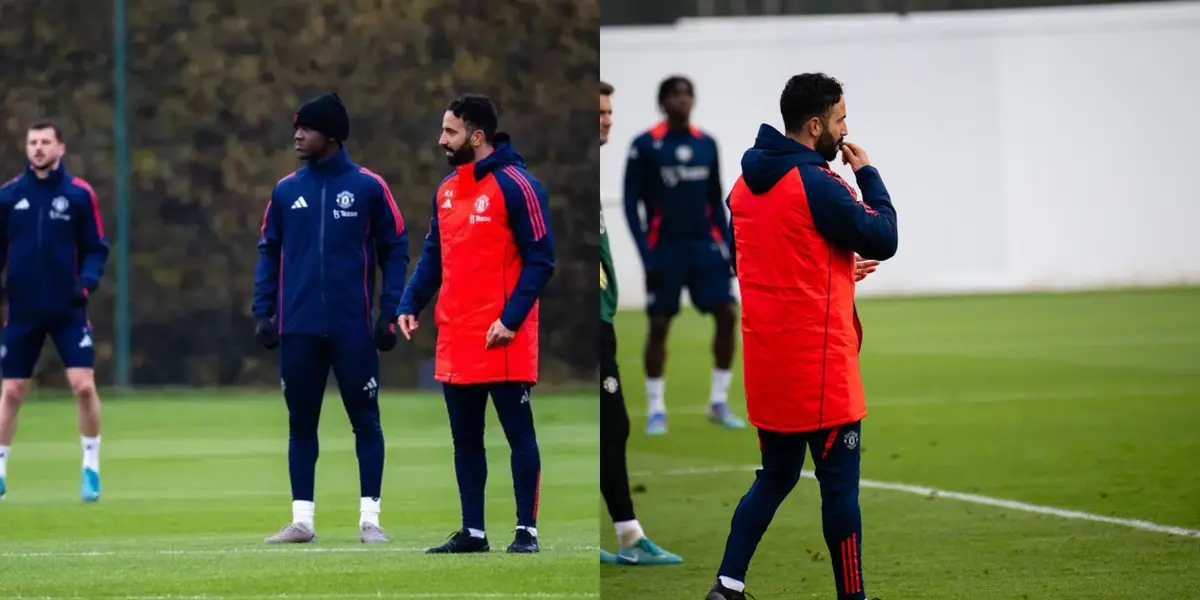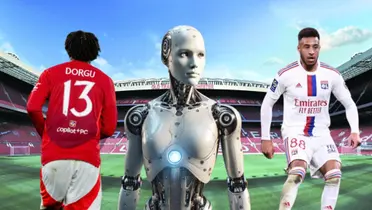How do coaches adapt to modern football with continuous training and new technologies?
Continuous training: A fundamental pillar for the success of coaches in modern football

In the fast-paced world of today's football, the role of the coach has undergone a radical transformation. It is no longer enough to possess tactical knowledge and field experience; the constant evolution of the sport demands continuous updating and adaptation to new technologies.
Continuous training has become a fundamental pillar for the success of coaches, who must assume the role of leaders, strategists, and data analysts. This demand responds to the need to stay at the forefront of the latest tactical trends, training methodologies, and technological tools that make a difference in team performance.
The evolution of the coach's role and the need for constant updating
Modern football is characterized by its dynamism and demand. Coaches must be able to make quick and accurate decisions based on a thorough analysis of available information. Continuous training allows them to acquire the skills and knowledge necessary to face the challenges posed by high-performance sports.
Constant updating not only implies mastering new tactics and strategies, but also the ability to manage multidisciplinary teams, communicate effectively with players and technical staff, and adapt to constant changes in the football environment.
Emerging yechnologies and their impact on team preparation
Emerging technologies have revolutionized the way coaches prepare their teams. The use of performance analysis software and big data provides valuable information on player performance, team strengths and weaknesses, and rival strategies.
The implementation of virtual and augmented reality technologies in training offers players the possibility to simulate real game situations, improve their decision-making, and refine their technical and tactical skills.
Development of leadership and communication skills in the digital age
In the digital age, effective communication has become a key factor for the success of coaches. The ability to convey clear and concise messages, motivate players, and manage conflicts is essential to create a positive and cohesive work environment.
The development of leadership and communication skills allows coaches to build solid relationships with players, technical staff, and management, which translates into better team performance and greater achievement of objectives.
Adaptation to new training methodologies and physical preparation
New training methodologies and physical preparation are based on personalization and performance optimization. Personalized training, based on biometric data and performance analysis, allows coaches to design specific programs for each player, maximizing their potential and preventing injuries.
The use of recovery and injury prevention technologies, such as cryotherapy and electrostimulation, helps keep players in optimal physical condition and reduce the risk of injury.

The future of coach training: Continuous and adaptable learning
The future of coach training is based on continuous learning and adaptability. Coaches must be lifelong learners, willing to update their knowledge and skills, and adapt to constant changes in the football environment.
Continuous training is not a luxury, but a necessity for coaches who aspire to achieve success in modern football. Those who stay at the forefront of the latest trends and technologies will have a competitive advantage over their rivals.
In conclusion, continuous training has become a fundamental pillar for the success of coaches in modern football. The ability to adapt to constant changes, master new technologies, and develop leadership and communication skills are key to achieving success in high-performance sports.
What you should know about continuous training in modern football:
- The evolution of the coach's role demands constant updating.
- Emerging technologies are transforming team preparation.
- The development of leadership and communication skills is crucial.
- Adaptation to new training methodologies is fundamental.
- The future of coach training is continuous and adaptable learning.
More news

The Numbers Don't Lie: Casemiro's Dominance Returns
31/03/2025

United's Dream Pairing: The Duo Fans Are Eager to See
31/03/2025

Hojlund's Fate: Will He Stay or Leave Man United?
31/03/2025

Højlund's Plummeting Value: A Cause for Concern at Man United
31/03/2025

Giggs' Misjudgement: Depay's Free-Kick Hopes Fall Flat
31/03/2025

Man United's Summer Clearout: Players on the Chopping Block
31/03/2025

Financial Divide: Man United's Value Dwarfs Olympique Lyon's Squad Cost
30/03/2025

Onana Exit Rumors Swirl: How the Goalkeeper Is Responding
30/03/2025

Eriksen breaks the silence about the rumors of not renewing
30/03/2025

World-Class Player Available: Romano Reveals Transfer Bombshell
30/03/2025

Ugarte's Premier League Insight: Key Differences From Ligue 1 Revealed
30/03/2025

Garnacho Outshines Salah and Haaland: A Stunning Statistical Triumph
29/03/2025

Ekitike's Staggering Stats: Why Man United Are Keen
29/03/2025

Beyond Legends: The United Player Who Rewrote Investment History
29/03/2025

Manchester's Goalkeeping Giants: Who Reigns Supreme?
29/03/2025

Fernandes' Fortune: Unveiling the Price Tag of United's Captain
29/03/2025

The Manchester United jewel that was rumoured for Barcelona ended up in an exotic league
29/03/2025

Father's Faith Pays Off: 100 Pound Bet on Son's United Debut
29/03/2025







